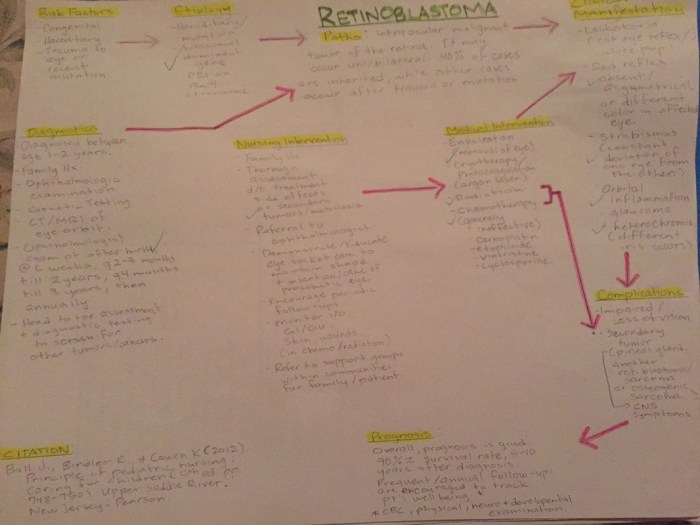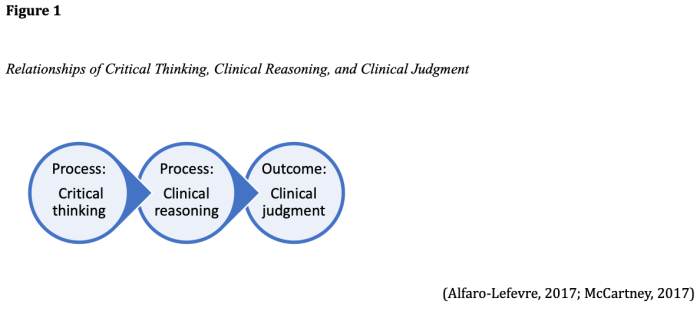Nurse logic knowledge and clinical judgment beginner sets the stage for this enthralling narrative, offering readers a glimpse into a story that is rich in detail and brimming with originality from the outset.
This comprehensive guide delves into the fundamental principles of nursing logic, exploring the essential knowledge areas that nurses need to possess for sound clinical judgment. It provides practical examples of how nurses apply logic in their daily practice and emphasizes the importance of evidence-based practice in shaping nursing decisions.
Nursing Logic: Core Principles: Nurse Logic Knowledge And Clinical Judgment Beginner

Nursing logic is a systematic and critical thinking process that nurses use to make sound clinical decisions and provide optimal patient care. It involves using critical thinking, problem-solving, and decision-making skills to analyze patient data, identify problems, and develop and implement effective interventions.
Nurses apply logic in various ways in their daily practice, such as when assessing patients’ conditions, interpreting diagnostic tests, and planning and evaluating care. Evidence-based practice is a crucial aspect of nursing logic, as it ensures that clinical decisions are based on the latest research and best practices.
Knowledge Base for Clinical Judgment
To make sound clinical judgments, nurses must possess a comprehensive knowledge base in various areas, including:
- Medical-surgical nursing
- Pharmacology
- Pathophysiology
This knowledge base is acquired through education, clinical experience, and continuing professional development, ensuring that nurses stay up-to-date with the latest advancements in healthcare.
Clinical Judgment in Practice, Nurse logic knowledge and clinical judgment beginner
Clinical judgment is a complex process that involves:
- Assessment
- Analysis
- Planning
- Implementation
- Evaluation
Nurses apply clinical judgment in various settings, such as hospitals, clinics, and community health centers, to provide appropriate and effective care for patients with diverse health conditions.
Developing and Refining Clinical Judgment
Clinical judgment is an ongoing process that requires continuous reflection and self-assessment. Nurses can enhance their clinical judgment through:
- Practice
- Mentorship
- Feedback
- Technology and simulation
By engaging in these activities, nurses can refine their critical thinking skills, expand their knowledge base, and improve their ability to make sound clinical decisions.
FAQ Insights
What is nursing logic?
Nursing logic refers to the cognitive processes and reasoning skills that nurses use to analyze patient data, identify problems, and make informed decisions.
Why is clinical judgment important in nursing?
Clinical judgment is crucial for nurses as it enables them to interpret patient information, prioritize interventions, and make appropriate decisions in complex and dynamic healthcare settings.
How can nurses develop their clinical judgment?
Nurses can develop their clinical judgment through practice, reflection, mentorship, and continuing education. Engaging in case studies, simulations, and peer review can also enhance their decision-making abilities.

